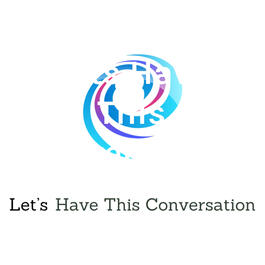
Transforming High Performers into Inspiring Leaders of Resilient Teams with: Adam Malone
Trust in various institutions is declining, making itincreasingly valuable in business. The fourth trust survey released byPricewaterhouseCoopers highlights the significance and opportunity of trustamong business executives, consumers, and employees. Among respondents, 95% ofbusiness executives agree that organizations have a responsibility to buildtrust, an increase from 92% in 2023. The numbers for consumers and employeesare also high, with 92% and 94% agreeing, respectively, remaining unchanged fromthe previous year. There is not only a moral case for building trust but also abusiness case, as 93% of business executives believe that the ability tocultivate and maintain trust positively impacts the bottom line. Amongexecutives, 42% cite productivity as the biggest risk if employees do not trusttheir employer, followed closely by the quality of products and services (41%),operational efficiencies (40%), and profitability (38%). Surprisingly, employeeretention ranks lower on the list. Traditionally, companies have consideredtrust among employees as a way to attract and retain talent. However, this dataindicates that a lack of trust among employees significantly affects everydayoperations. The risk is not simply that employees may leave; it is that theymay stay but work only half-heartedly. Additionally, 60% of employees report that they haverecommended a company as a good place to work because they trusted it, whereas22% have left a company due to trust issues. Adam Malone is a leadership consultant, corporate keynotespeaker, and father of five, known as “The Tenacious Operator.” After a 20-yearcareer in the corporate world—17 of which he spent with one company, risingfrom analyst to VP—Adam left in 2024 to pursue his passion for helping highperformers become great leaders of resilient teams. His mission is to assistleadership teams and mid-level managers in identifying barriers to performance,enabling teams to function cohesively and thrive even in high-pressureenvironments. Adam's philosophy is that most leadership behaviors arestraightforward but require consistency, especially on challenging days. Hefocuses on transforming “soft skills” like trust and empathy into realstrengths that foster engagement and inspire change. He joined me this week toshare more about his approach. LinkedIn: @AdamMalone Text operator 33777
From "Lets Have This Conversation"


Comments
Add comment Feedback